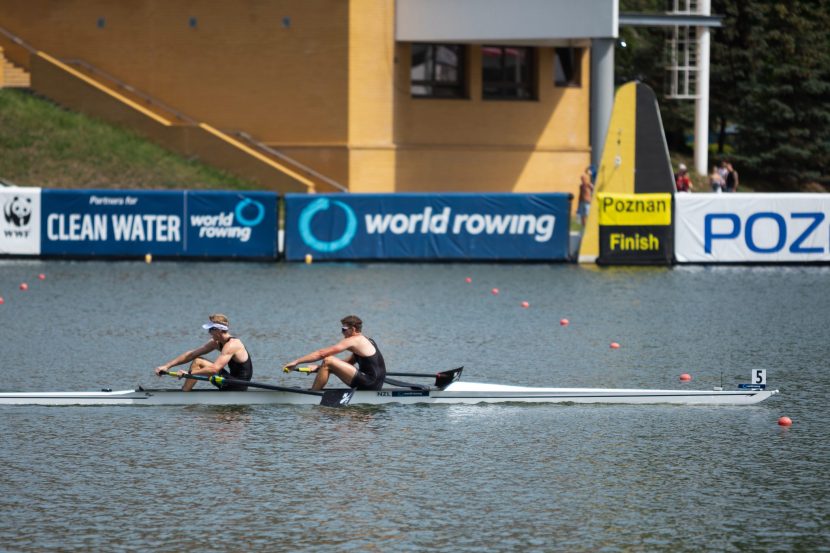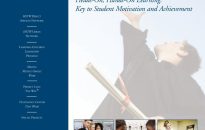2024-12-07 Nabil Musa, the leader of the Iraq-Kurdistan Water Guardians Organization, Sulaymaniyah, September 2024. Media of the Organization By Baran Mohammed Nabil Musa asserts that if the water from a river or dam isn’t “safe for drinking or recreational activities,” it cannot be deemed “fresh water.” He has dedicated 14 years to safeguarding fresh water […]

- 2024-12-07
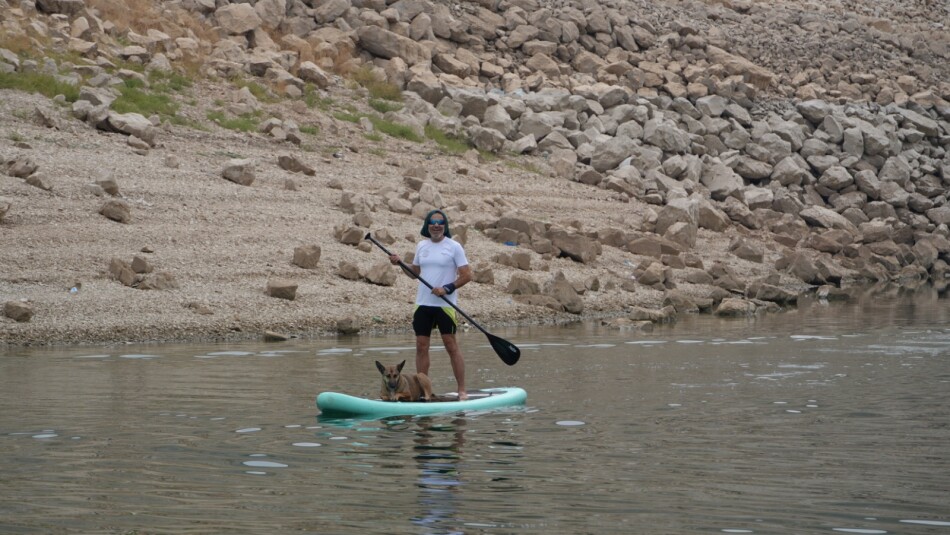
By Baran Mohammed
Nabil Musa asserts that if the water from a river or dam isn’t “safe for drinking or recreational activities,” it cannot be deemed “fresh water.” He has dedicated 14 years to safeguarding fresh water via the Iraqi-Kurdistan Water Guardians Organization, in a nation that has limited public comprehension of environmental issues.
His water preservation initiative emerges as the United Nations reports that 884 million individuals globally lack access to safe drinking water, and 2.5 billion people do not have access to healthy water.
The global challenge of fresh water shortages threatens the survival of fauna and flora, posing a critical danger to the entire ecosystem.
The United Nations predicts that by 2050, 5.01 billion people—over half of the world’s population—will face water scarcity.
In light of this, Musa declared the founding of Iraq’s initial organization aimed at safeguarding water resources. The organization’s efforts include campaigns to clean water sources, raise awareness, and establish teams dedicated to water protection across various localities.
The journey began 14 years ago
The Iraq-Kurdistan Water Guardians Organization was established in 2014 when Nabil Musa consulted with a water conservation expert regarding the vanishing Sarchinar water source in Sulaymaniyah’s Northern Province.
“This prompted me to think about how to protect water sources; that expert fueled my motivation.”
Simultaneously, the formation of the organization aligned with initiatives led by environmental activists aimed at revitalizing the wetlands in southern Iraq, which were dried out and devastated in the 1990s by a decision from the former Baath Party leader, Saddam Hussein. This devastation resulted in the displacement of at least 200,000 individuals from the marshlands.
“Our program includes crafting a robust plan to monitor and protect water sources, alongside enhancing community awareness regarding the necessity of keeping these sources clean,” Musa stated.
“We are invested in maintaining the purity of water sources to ensure they are fitting for drinking, swimming, and fishing… without these three criteria, it cannot be classified as fresh water.”
Musa, who studied art, aims to merge environmental advocacy with artistic expression. He often promotes environmental awareness through festivals, theater, performances, boat museums, and documentaries.
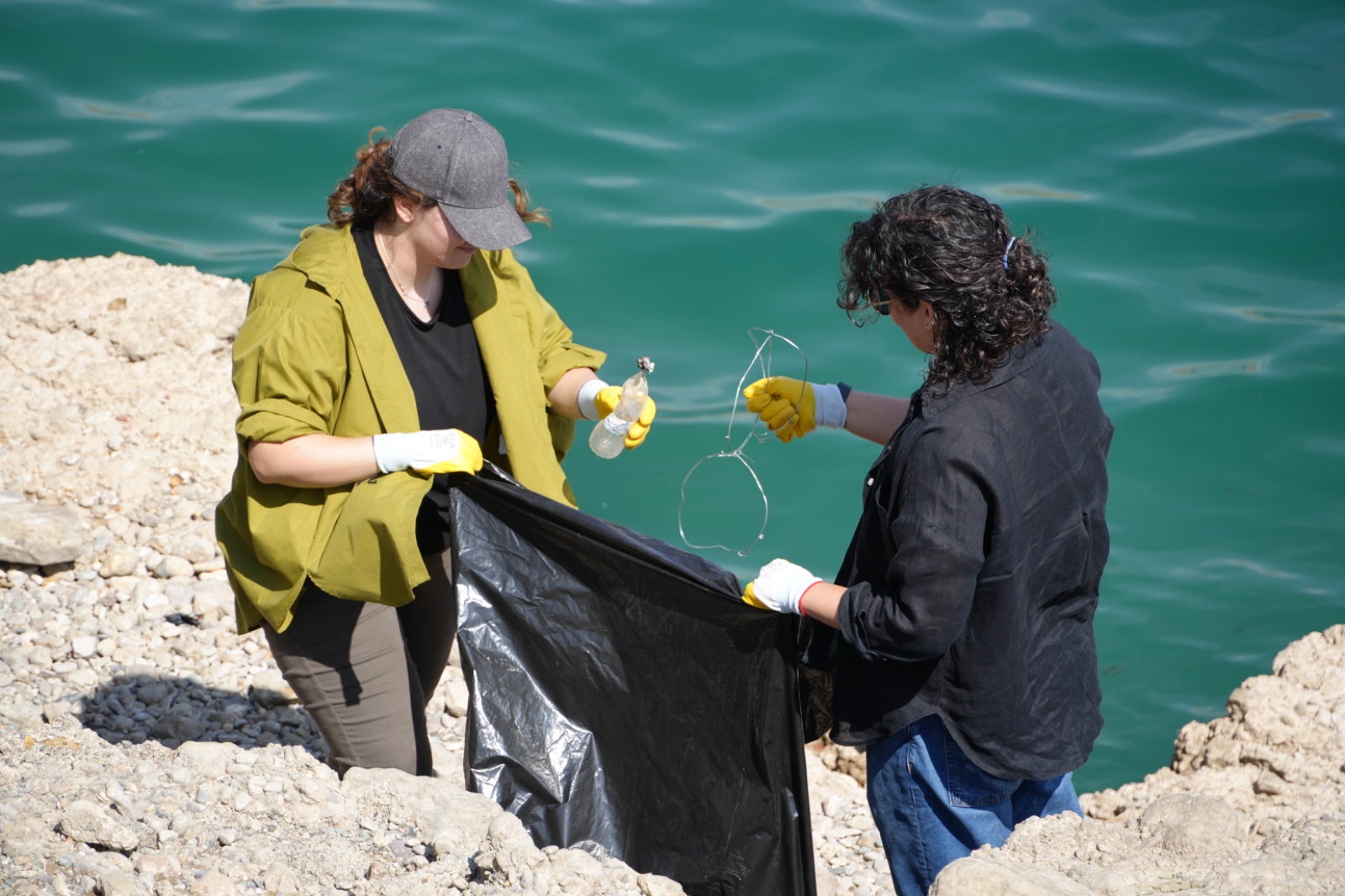
One of the initiatives of the Iraq-Kurdistan Water Guardians Organization, September 2024, Sulaymaniyah. Media of the Organization
On November 30, 2024, his organization took part in an exhibition for the Iraqi-Kurdistan Water Guardians at the Basra Boat Heritage Festival.
“The festival served as a significant platform to connect the youth and introduce them to Iraq’s heritage and culture, as well as the simple lifestyles alongside rivers,” Musa elaborated.
“We regularly organize campaigns to clean and dredge water sources, inviting participation from all ages—young and old, men and women, even schoolchildren—through social media channels.”
Collaborative efforts yield inspiration
This year, the organization executed several campaigns to clean water sources throughout the Kurdistan Region of Iraq (KRI), focusing on locations such as Seagull Island in Lake Dukan, Ahmed Awa Waterfall, Razan Lake, and Kani Shok Spring. Previously, they held events in Tanjaro and Darbandikhan.
These initiatives have sparked enthusiasm among numerous youths who work collaboratively to clean water sources.
Musa confirmed that over 200 volunteers participated in the four campaigns.
Sana Omar, a volunteer who joined the organization in two cleaning campaigns, expressed her joy at being part of a team. “One campaign occurred at Dukan Lake on September 7, 2024, and another on September 21 at Seagull Island.”
“We made significant efforts, yet it was truly inspiring… Unfortunately, we discovered an abundance of litter left by visitors on Dukan Island… I was saddened to see cattle searching for grass amidst the plastic waste,” she added.
The amount of waste collected varies depending on the location; “For instance, on the devastated castle island in Dukan Lake, we gathered 80 bags of waste, whereas at times we fill over 150 bags.”
Waste suitable for animal feed is set aside appropriately, particularly that which is consumed by fish and turtles, while the remaining refuse is moved to a more distant area away from the water source.
Approximately 50 volunteers participated in the two campaigns Omar was involved in.
“Before joining the campaign, I feared that the areas we cleaned would revert to their previous state within days, but we can inspire others to appreciate the necessity of preserving the environment,” Omar proudly stated.
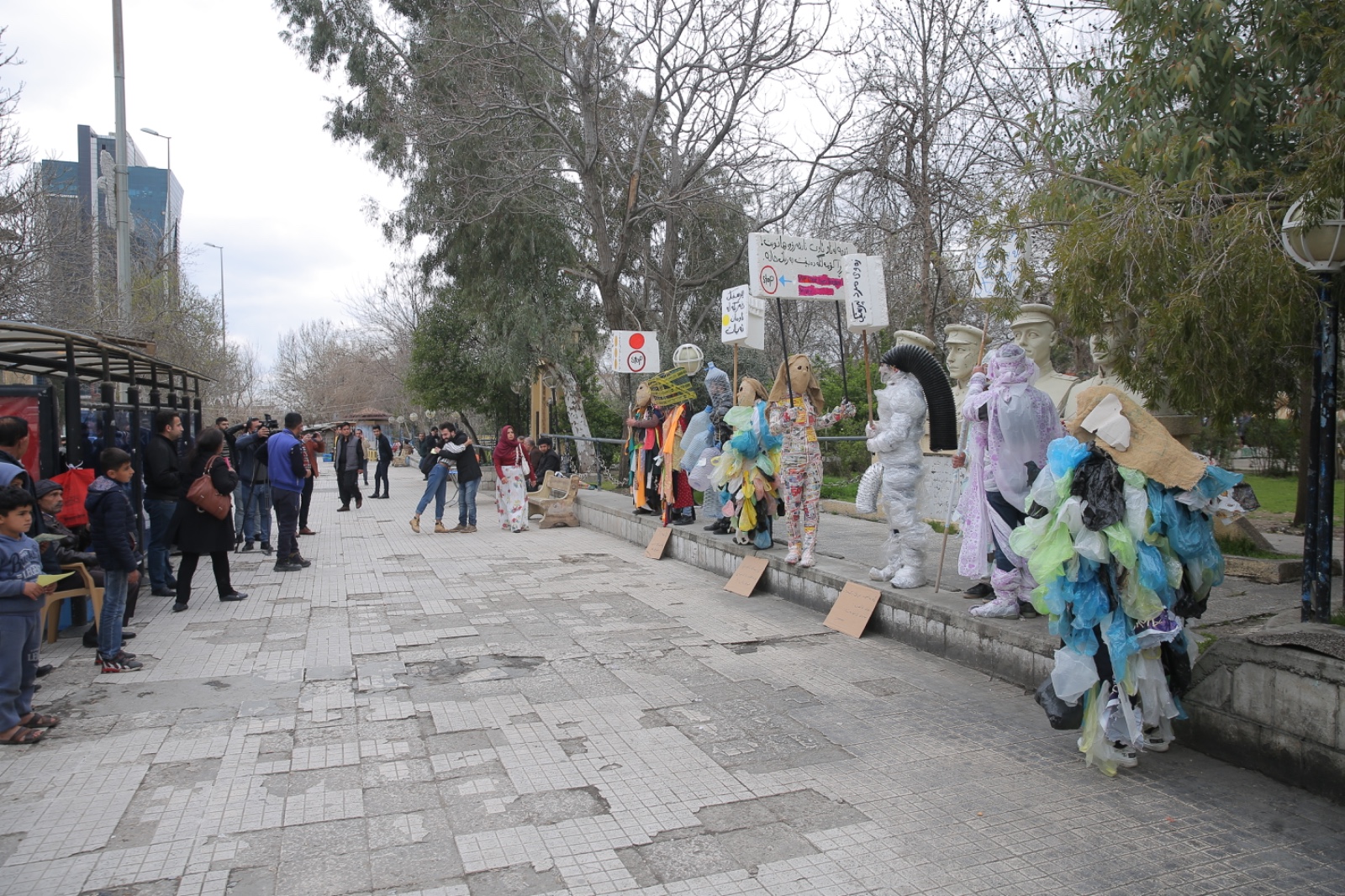
Fostering harmony between people and nature
The Iraq-Kurdistan Water Guardians Organization employs hand-rowed boats to conduct its operations, emphasizing environmental friendliness without reliance on fuel-powered engines.
The organization also founded the Mountains and Plains Club. “The aim is to foster a connection between Kurdish individuals and nature… Our efforts act like psychological therapy that promotes wellness.”
Participants in these endeavors spend time on the water within their boats, requiring the physical ability to row and navigate distances to reach their targets.
“This method enables reconciliation with nature, while also serving as a financial resource for the organization.”
According to the General Directorate of Water Resources in the Kurdistan Region, only 10 to 20% of the water in the KRI undergoes treatment, leaving 80% untreated.
For example, the Tanjaro River, located south of Sulaymaniyah, is tainted by sewage and waste from factories and refineries that pollute it.
This contaminated water then flows into Lake Darbandikhan and the Sirwan River, which are vital drinking water sources for hundreds of thousands, including residents in the Kalar and Darbandikhan districts.
Khaled Suleiman, an environmental authority, notes that the pollution of water sources impacts the health of humans, animals, and plants. “Livestock and agricultural produce are our livelihood, and in this scenario, we risk significant health and economic repercussions.”
Focusing on future actions
Musa’s NGO aims to create a pilot heavy water refinery project intended for university benefit, currently stalled due to financial constraints.
This initiative involves large tanks, about two meters wide and seven meters high, where sewage water from residences is purified from harmful chemicals and methane gas, resulting in 80% purity by the final tank.
“Donors provide automatic support for the project. Half of it is completed, but a lack of funds has temporarily halted progress,” Musa remarked.
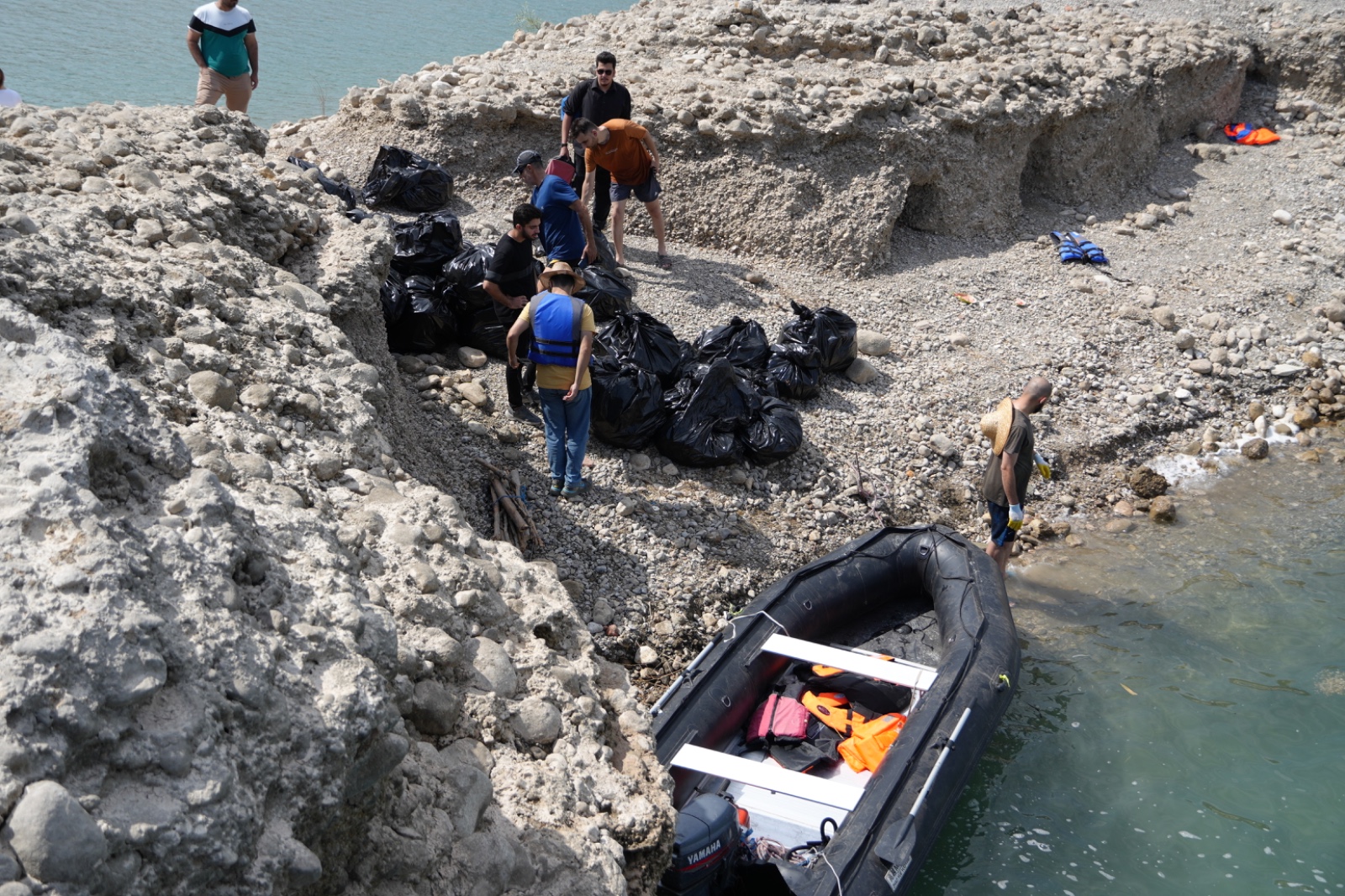
One of the activities of the Iraq-Kurdistan Water Guardians Organization, Sulaymaniyah, September 2024. Media of the Organization
The rivers in the KRI are dictated by a political geography where the principal river branches and streams primarily flow from outside the region, mainly entering from Iran and Turkey.
Approximately 4 billion cubic meters of water are received from Iran, alongside 25 billion cubic meters from Turkey. According to the Kurdistan Regional Government (KRG) data, this amounts to 61% of the water resources in the Kurdistan Region, leaving only 18 billion cubic meters, or 39%, originating within the area.
Concerns persist regarding the diminishing water flow from neighboring nations, while domestic water sources face risks due to mismanagement and insufficient public awareness.
“Our water management strategy lacks permanence and long-term vision; our concern for water fluctuates based on circumstances. Effective water management encompasses more than just dam construction; it is a holistic and multifaceted process,” stated Suleiman.
“Urban wastewater can be utilized for irrigating gardens and green spaces, as enormous amounts of this water are wasted each year.”
Additionally, climate change has resulted in declining rainfall in the region, with precipitation levels dropping from 526.3 mm in 2012 to 347.1 mm in 2022.
Immediate dangers and gradual solutions
Around 14.5% of water consumed in any country is wasted due to evaporation, contributing to a global total of approximately 15.7 billion cubic meters of evaporated water.
In Iraq, temperatures are rising 2 to 7% faster than global averages. If temperatures increase by one degree Celsius and rainfall decreases by 10% by 2050, fresh water supply may decline by 20%.
This scenario could result in water sources becoming nonexistent for nearly a third of Iraq’s arable terrain by 2050.
Ari Ahmed, Director of Water and Sewerage in the Kurdistan Region, states that the internationally recommended daily water intake ranges from 200 to 250 liters per person, “but currently, individual consumption in the Kurdistan Region ranges from 350 to 400 liters.”
“To preserve our water resources, we require sufficient snow and rain and need to ensure that the region receives its fair share from neighboring nations.”
Musa acknowledges that their efforts are not the ultimate resolution for water pollution challenges in Iraq and the Kurdistan Region; however, he emphasizes that it represents “the initiation of a solution through public education and raising awareness among relevant authorities.”
The major hurdle confronting the organization, as articulated by Nabil, is “the absence of a protective system for water. Our actions serve merely as a call for assistance.”
“The government recognizes our initiatives and events but has yet to coordinate with us or extend support. Nonetheless, we continually provide them with annual reports concerning pollution status.”
The Director of Water and Sewerage in the Kurdistan Region believes that safeguarding water resources is the collective obligation of all relevant governmental ministries.
He elaborated that the Water and Sewerage Directorate is not informed of the organization’s actions, stating, “We do not collaborate with them.”
Musa mentions that another challenge is “the lack of public awareness,” noting that areas where they conduct cleaning campaigns revert to their previous condition after a few months.














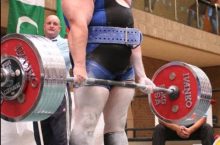


 @Boston Celtics #NBA #Basketball #Celtics #JaysonTatu…
@Boston Celtics #NBA #Basketball #Celtics #JaysonTatu…
 #NBA #basketball #NBAXmas #Jalen…
#NBA #basketball #NBAXmas #Jalen…







 #McLaren #F1 #Gingerbread #CapCu…
#McLaren #F1 #Gingerbread #CapCu…



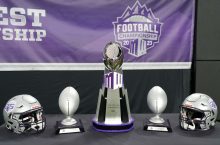

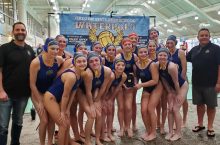
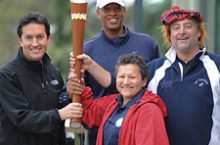
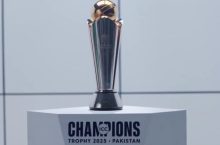
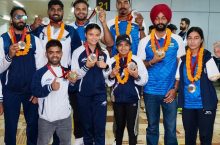



 CMA Members get access to my “AXEL TECHNIQ…
CMA Members get access to my “AXEL TECHNIQ…



 #rugby #haka
#rugby #haka




